To refer to the check-list that you will guide you in immigrating to Australia within a week please refer to the Introduction post in the series.
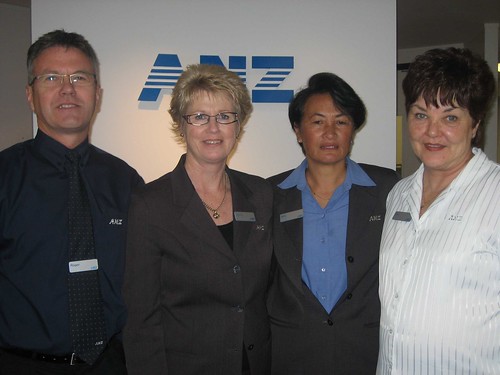
Banking
I have only ever been with one and a half banks:
a) I have been with Commonwealth bank for six years and;
b) I signed up to join ANZ Visa Debit Card program some months back. In the end, I ended up not needing the service. That having been said, I strongly recommend you get an ANZ Visa Debit Card when you arrive in Australia (more on this later).
I will be speaking to you from the above experience as well as observations and anecdotes. My goals are:
a) To teach you how to save as time as possible during the banking process.
b) Make banking as easy and convenient as possible.
b) Give you some of the tips and tools I have picked up along the way to ensure that you are never strapped for cash and have continual cash flow (this advice is also expanded on when I discuss employment).
With that in mind I recommend that you chose Commonwealth bank: As a student you get an account for free without any monthly fees. In addition to that you can take advantage of:
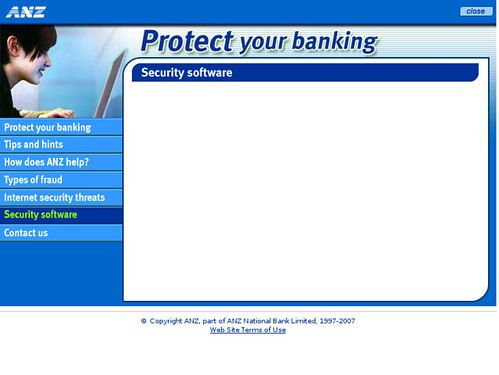
1) Netbanking:
This will shave literally years off your banking.NetbankingNetbanking is the free facility that Commonwealth bank provides, that allows you to do your banking over the Internet. This means that you have, at your fingertips:
a) Ability to check your bank balance and your most recent transactions from any computer with the Internet.
b) Ability to transfer money to any account within Australia as long as you know its BSB and account number. You can even add it to your online address book to make future transfers easier. Unfortunately I have no experience with international transfers.
c) Ability to schedule regular payments – Ask your landlord for his BSB and account numbenetbankto netbank, input his details, schedule rent payments every two weeks and never think about paying rent again.
d) Bill paying: You can also automate bill paying using the Commonwealth provided Bpaylity: Bpay. This when combined with servicePaypal as Paypal, will automate payment of 90% of the bills you will ever have to pay in Australia.
e) Transferring funds from one Commonwealth account to another is instantaneous. Transferring to another bank takes between 24 -72 hours.
For more inforNetbankingNetbanking check out the Commonwealth BanNetbankingNetbanking.
Check out the FAQ for CommonweNetbankingNetbanking here.
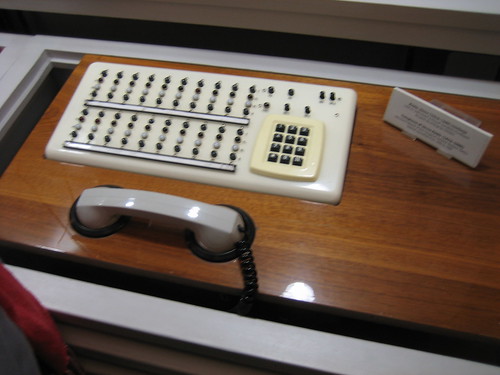
2) Telephone Banking:
As a result of the exiNetbankingNetbanking I haven’t had to use this feature extensively. I have only ever used my telephone banking when I need to call the bank to change my account details or report any errors with my account to a customer service employee.
Telephone banking also makes banking convenient and accessible 24 hours a day, from the comfort of your own home. For more information check out the Commonwealth Bank page on telephone banking.
3) Depositing MATMs with ATMs
This feature is pretty straightforward and pretty much guarantees that you never have to cue in a bank again. You can deposit cheques and cash at specially designated ATMS that are almost always outside every bank branch.
Therefore, if you have excess cash that you want to put away or have had a cheque written recently, pop into your nearest ATM 24 hours a day and you can deposit the funds. It should take about 24 hours for the money to enter your account.
Swift Code
To be honest I really don’t know what this is. However, when you are transferring money from Kenya to Australia you need it and the Indian bank teller told me apparently this applies in many countries. Therefore make sure as soon as you open your account, you get your swift code and write it down somewhere safe. If you will be doing any international transfers, you will need this number.
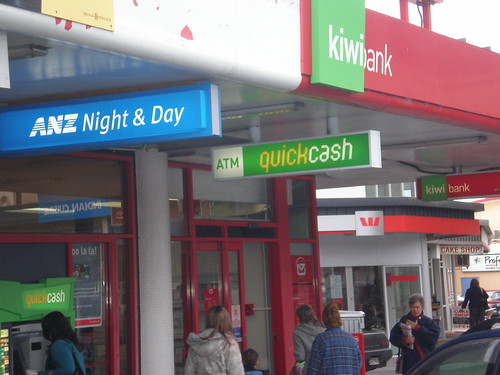
The Process of Transferring Money
In order to transfer money between accounts you will need the following details, including the swift code for international transfers:
a) Full name of account holder: May be a business name or a personal name.
b) BSB number: Also known as branch number: Usually a six digit number.
c) Account number: In my experience, usually also six numbers.
If you are using a credit card then the required details to make a payment are:
a) Account number: This is the long number on the face of the card. It is also your account number when Netbanking or looking at your account statements.
b) Expiry date: Usually 4 digits, also on the face of the card.
The 4 digits are separated into two groups of two that are separated by a slash: 2 digits for the month (11 for November, 01 for January, 06 for June and so on……) and 2 digits for the year ( 11 for 2011, 99 for 19999, 23 for 2023 and so on and so forth).
c) CCV or Confirmation Code: This is a 3 digit number on the back of the credit card. Most organizations that ask for it will show you where it is on the card. It’s the last three numbers on the back of the card. It’s quite difficult to describe but easy to grasp once you see it for the first time.
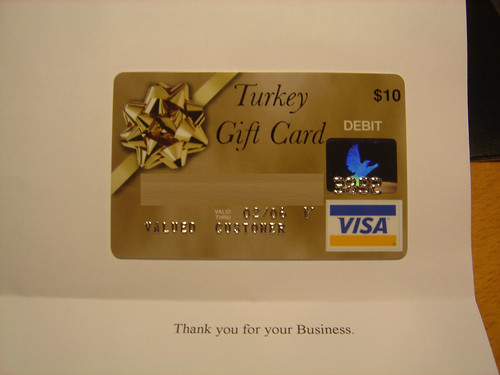
If You Need to Use A Credit Card
There are certain situations where you must use a credit card, or at the very least a card that has an expiry date, a confirmation number and the long account number on its face. How do you get all the benefits of a credit card without the burden of having to pay a lot of debt in future and struggle every day not to live beyond your means.
Enter, the Visa debit card. This is actually the ideal choice, in my opinion, for a card to be used day to day. It is basically a credit card where you use your own money. It has the account number, confirmation code and expiry but you can only pay for stuff with your own money. If you have no use for the credit facility then the Visa Debit Card can also be used as a normal debit card with a BSB and account number. Pretty cool huh?
Using the tips stated above, in your day to day life you have made banking a helluva-lot easier. Below are a few things I have learned about how to forever remain cash flow positive while in Australia
How to Succeed Financially: Three Types of Accounts, Maybe Four
After observing the financial ups and downs of many here in the diaspora, including myself, and doing some investigation into it, I advise you to open up three types, possibly four types of accounts:

1) Your day-to-day account: This is the account that is linked to your ATM card, your phone banking and your netbanking. I strongly advise that if you receive money from Africa or if you end up employed, money should never be deposited into this account. Doing so avoids being a spendthrift-which is remarkably easy here.
This account could be the savings account that you open with Commonwealth bank or ideally a Visa ANZ Debit Card, which has a small monthly fee of $5 last time I checked. If you can find an account that has a great interest rate then that would be great, but money will probably flow into and out of this account so quickly that interest doesn’t really matter.
2) Your ‘collection’ account: This should be the account where all money coming in (money from back home, salaries and wages, debt repayments, share price increases, real estate rent) should go into. This account should be separate from all other accounts. It should have no ATM card and should only be accessible via it’s own separate netbank account.
I first observed this type of account in a friend of mine who was a bit of a party animal (and a lot of a ladies’ man, but I digress…..). Before he stepped out of the house, he would go onto his computer, calculate on the spot how much he would need for the night out and transfer that amount into his day to day account.
The main benefit of having this account only accessible via its own netbanking facility is it gives you time to think prior to transfering money to your day to day account. This means, ideally, that every purchase you make-via your day to day account-has been pre-thought. This will avoid a lot of irrational spending decisions.
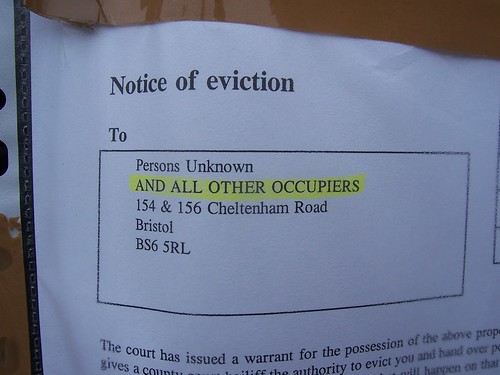
Bills, Bills Bills
If you have rent payments or insurance payments or any critical, regular, fixed-amount payments, you can schedule regular automatic payments from this account, using either the provided Netbanking facility or Bpay. The fact that ‘it’s difficult’ to reach this money day to day will mean it will be difficult for you to spend ‘the only money you have to pay your rent’.
For more information on Scheduled Bill payments click here
3) Your Savings Account: This is where you should put 10% of all money that you receive. Never touch this money unless it’s a life or death situation or you are being deported tomorrow or you need an emergency amputation without which you will die of terminal cancer. It’s great to know that when push comes to shove you will be able to stand on your own two feet.
This account should be ‘invisible’ to you. There should only be two ways you should be able to access this account:
a) Monthly bank statements: These get mailed to you automatically and at no cost.
b) Making a trip to the bank.
It should be inaccessible via netbanking, ATM card and telephone banking. I learned this one the hard way. If you can access the money, you will spend it.

4) Your Investment Account: This should be where you deposit another 10% of all income with the intention of using this money to ‘make more money’. It may start out as a small chuck of change but three years down the track don’t be surprised if you can easily use the money you have saved up to buy an investment home though you were working a minimum wage job as a cleaner (tough job, the pays not too bad, mad respect if you do this job…….)
Another account that should be as inaccessible as possible. As soon as you know how and where to invest your money and you have enough to invest, begin to do so. Remember you have a savings account and a collection account where all your money is pooled together should things fall apart.
5) Tithe: In my opinion, you should invest 10% of your money in something beyond yourself, if you don’t already do so. Whether it be building a hospital in your constituency, paying school fees for a family member who can’t quite hack it, supporting initiatives that help people help themselves such as Maseno Interchristian Child Self Help Group, do something beyond yourself with whatever you are blessed with and that may help you become more than you previously were.

If you earn a fixed salary, then let me recommend that you automate your tithing and the depositing of money into your savings and investment account so that you only ever have to think about it once.
Ok Ok Ok, this is more than enough on banking, I think. I need to move on to the next tip. If there is anything here that you don’t fully understand or want to comment on, then leave a comment below or contact me.
Fina Tips
This isn’t an entirely paperless economy: Make sure you carry cash around with you especially for purchases of things that cost less than $10. Almost every small to mid-size business has a minimum amount that you must spend in order to use your bank or credit card. It’s usually either $5 or $10.
If your collection account is inaccessible via ATM card, how on Earth will I be able to deposit cheques and cash to my collection account? I am glad you asked 😛 . Transfer the cheque or money into your day to day account and then use netbanking to transfer it to your collection account. Don’t keep it in your day to day account for too long unless you have tremendous self control (in which case write to me and tell me how you do it…………)
Be blessed, be abundant and give to others,
Mwangi
Tags: African diaspora, African immigrants, African immigration, Australian immigration
[…] Banking at home and banking here […]
Thanks for the tips once more. I was thinking about that tithe thing this morning, and I was actually wondering if I would be sinning if I chose to send it back home to help guys (not relatives) but like set up a foundation, as opposed to giving it to my local church. I guess thats a matter of conscience.
I like that multiple banks concept, hope it works for me. Please say something on how much one should carry as cash, do you buy travellers cheques, or do you carry your VISA debit card and leave cash at home??
Are you talking about day to day while living in Australia? If that’s what you are talking about, then I would recommend that you carry your VISA debit card and about $50. Most places have ATMS or EFTPOS somewhere nearby, that cash will mainly be for small groceries at milk bars-halfway between a kiosk and a supermarket.
Is that what you were referring to?
[…] (pronounced Efft-Poss or Eff-Poss): This is when you use your debit card to make a purchase as opposed to using cash. When a business says EFTPOS is allowed, that means you […]
[…] article helps you deal with things like accomodation, mailing arrangements, banking, employment, documentation and so on and so […]